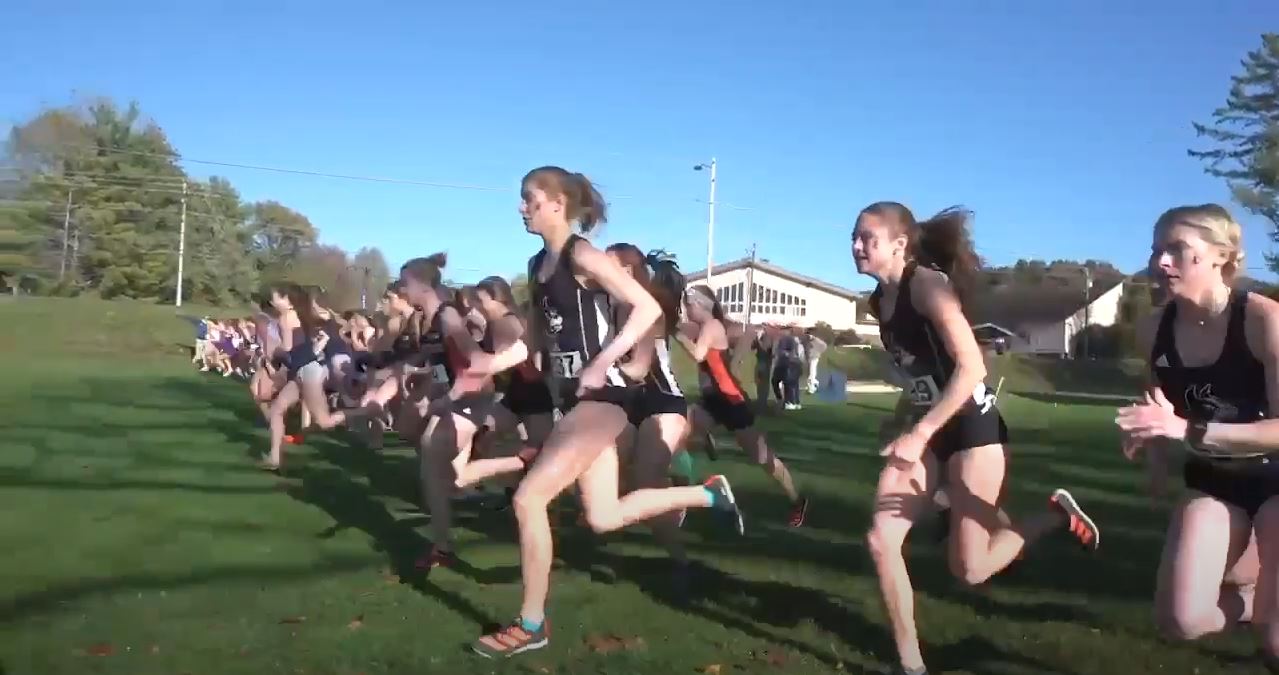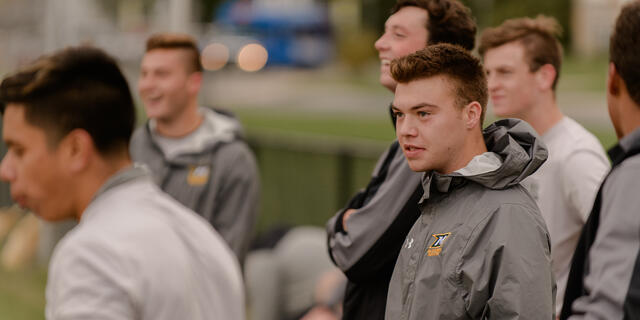

Throughout the war, 614 young men between the ages of fifteen and twenty-one served as drillmasters and generally avoided active military service. The forty-seven younger cadets who reluctantly remained in Lexington to protect the state armory and property were rejoined by the rest of the Cadet Corps in January 1862. They transferred to Camp Lee in Richmond, where they helped to train recruits in preparation for the First Battle of Manassas (1861). Within a week of the Virginia Convention’s approving the Ordinance of Secession on April 17, 1861, and under Jackson’s command, cadets entered Confederate service. Pickett had either taught at or attended VMI. So many served under Jackson that just before his famous flank attack on the Union army at Chancellorsville in 1863, the general said, “The Institute will be heard from today.” At Pickett’s Charge during the Battle of Gettysburg (1863), for example, thirteen of the fifteen regimental commanders in the Confederate division commanded by George E. During the Civil War, twenty-two men who had taught at or attended VMI achieved the rank of general in the Confederate army, nearly three hundred became field officers, and more than five hundred acted as company grade officers. Regular cadets were required to teach in Virginia for two years following graduation, while other alumni entered professions such as education, law, medicine, but rarely the military. The secessionist Edmund Ruffin, a month short of his sixty-sixth birthday, stood with the cadets in order to view the execution.īy 1860, the school had graduated 848 cadets, classifying them as either regular (state-supported) or irregular (tuition-paying). John McCausland graduated first in the VMI class of 1857 and returned to the school as a mathematics instructor in time to assist Jackson in leading eighty-five cadets to Charles Town (in present-day West Virginia) to help maintain order for John Brown’s execution on December 2. Jackson became a professor of natural and experimental philosophy (physics) and an instructor of artillery and was widely considered to be a strict, even inflexible teacher. Strange graduated third in the class of 1842, founded the Albemarle Military Institute sometime between 18, and in 1862 was killed at the Battle of South Mountain during the Maryland Campaign. Strange of Fluvanna County became the first cadet sentinel when he relieved the arsenal guard.

The inaugural class at VMI numbered twenty-three cadets until 1860, all cadets were from Virginia. Claudius Crozet-a French-born graduate of the École Polytechnique in Paris, an officer who served under Napoléon I during his invasion of Russia (1812), and a professor of engineering at West Point-was president of the Board of Visitors. (Off-duty soldiers constituted a “very undesirable element,” according to one of the town’s residents.) Norfolk-native Francis Henney Smith, an 1833 West Point graduate and a professor of mathematics at Hampden-Sydney College, was hired as the school’s first superintendent and remained in that position until 1889. The Virginia Military Institute was founded on November 11, 1839, on the site of a Virginia state arsenal in Lexington, whose citizens had sought the change. In June, Union general David Hunter ordered the school burned, and the cadets relocated to Richmond, where they helped to defend the Confederate capital. Cadets famously were called to fight in the Battle of New Market, contributing to the Confederate victory on May 15, 1864. Army), with about 250 of them killed in action. During the American Civil War (1861–1865), approximately 1,800 VMI graduates served (including 19 in the U.S. arsenal at Harpers Ferry in 1859, and they led cadets to his execution in Charles Town, where they helped to provide security. “Stonewall” Jackson and John McCausland were VMI instructors during John Brown‘s raid on the U.S. Located in the Shenandoah Valley town of Lexington, it was only the second governmental military academy in the United States, after the United States Military Academy at West Point, New York (founded in 1802), and represented increased educational opportunity for non-elite southern men. The Virginia Military Institute (VMI) is a state-funded military academy founded in 1839.


 0 kommentar(er)
0 kommentar(er)
